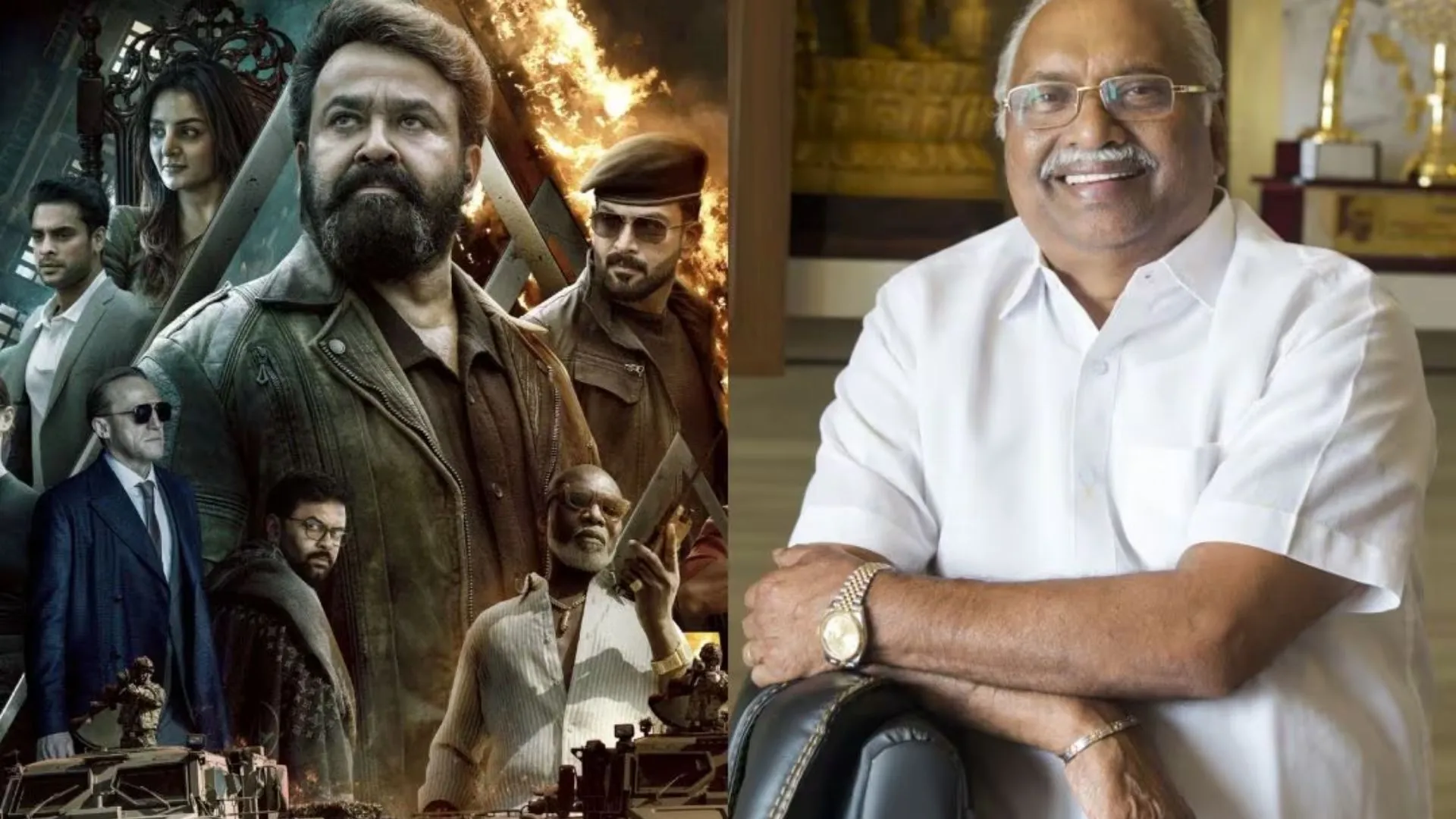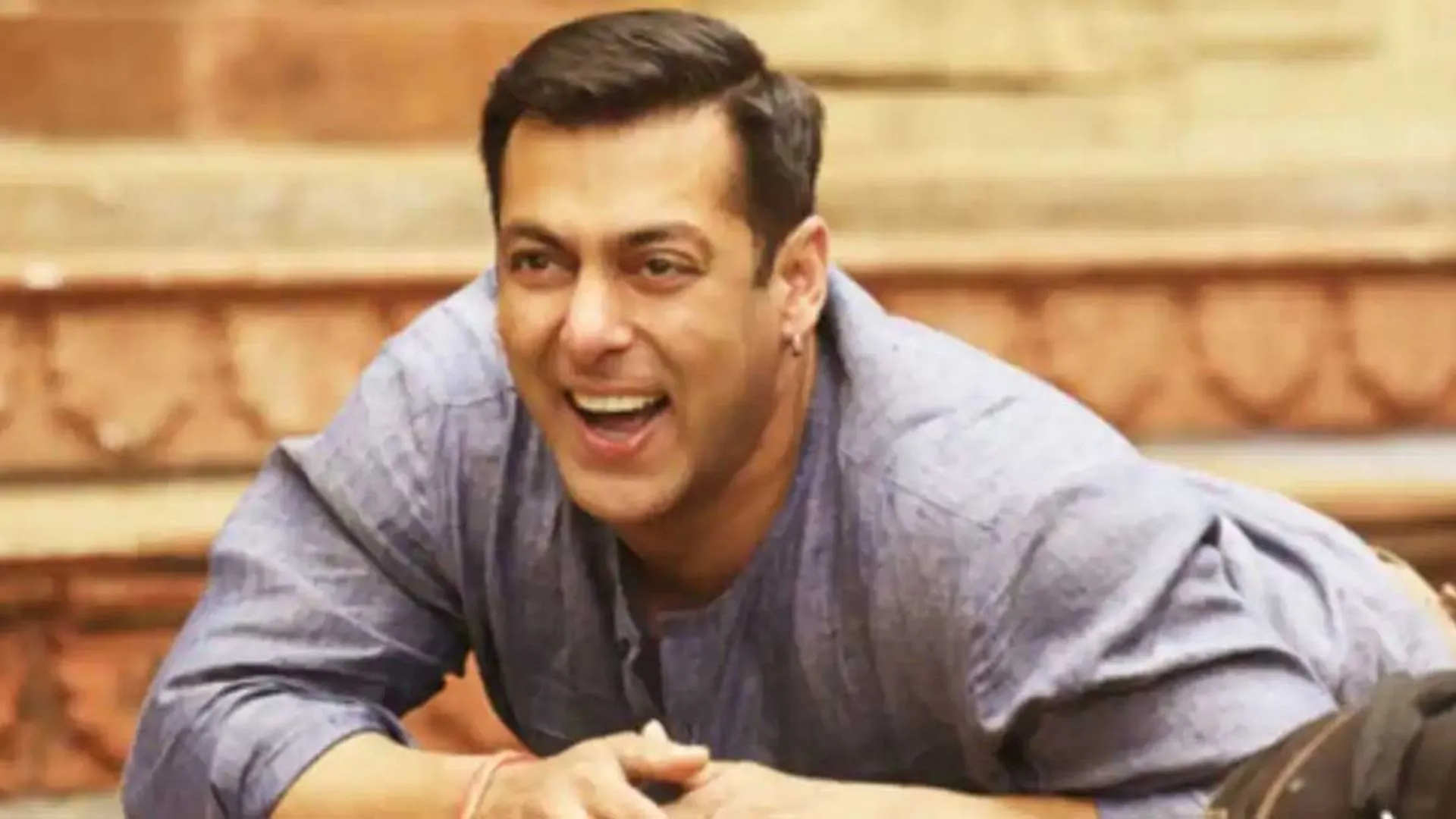Amitabh Kant, former CEO of NITI Aayog and former G20 Sherpa on Friday sat down with the 28th Prime Minister of Australia, Tony Abbott, for a special Q&A session at the NXT Conclave 2025 organised at the Bharat Mandapam in New Delhi. The session began with Kant complimenting Abbott for “a very visionary, a very dynamic and a very powerful speech”. Excerpts:
Q: In the midst of all this geopolitical turmoil, tell us three key issues geopolitics. When is the war going to end in Europe? Number two, what is going to be the impact of making America Great again on climate action? And number three, how do you foresee, the new forces of artificial intelligence and quantum computing impacting world around us in terms of production and productivity?
A: Well, thanks, Amitabh. Look, I hope the war in Europe ends as soon as possible, but I hope it ends on terms that are as just and as fair to the victim as possible. And plainly, Russia invaded Ukraine. There was no justification for the invasion of Ukraine and any ceasefire that doesn’t provide Ukraine with ongoing security. And that means serious European soldiers on the ground as a tripwire against any future Russian invasion, I think would give the aggressor a win. And if the aggressor wins in one place, potential aggressors in other places will be massively emboldened. So that’s that one.
On Climate Change:
“I’ve got to be honest with you. I don’t think climate change is the biggest problem we face. I don’t even think it’s the second or the third biggest problem we face, obviously, here in India. The chief issue is trying to give more and more Indians a decent middle class standard of living. And frankly, any attempt to reduce emissions that damages; it is not worth doing. And at the moment, in countries of the West, America, Britain, Australia…still Europe – this quest to reduce emissions is making us economically weaker. And ultimately, it’s hurting our efforts to compete with the dictatorships that wish us harm.”
On Artificial Intelligence:
“Now, as for AI, it’s going to make a huge difference over time. But in the end, I just know that it’s just another tool and it’s the people that use the tool that really count. The tools are there to make us help us to do better. But anyone who’s dominated by the tool is a fool.”
Q: Let’s turn to another critical aspect, and that’s the role of tariffs because free trade has lifted vast segments of population above poverty line in the last few decades. It’s had a huge impact in terms of growth and prosperity with protectionism at such high levels and the complete breakdown of the WTO. What implication does it have for Global South and for countries like Australia and India?
A: Okay. Well thanks, Amitabh. Look, The so-called global South is vastly better off now than it was a generation ago. Inequality between countries is much less now than it was a generation ago. I think of the the poor in inverted commas; the country that I know best, namely PNG. And you compare Port Moresby, say, 30 years ago to Port Moresby today and it’s chalk and cheese. Sure, there are a lot of poor people in Port Moresby. Yes, there’s a lot of inequality of wealth in Port Moresby, but in many ways it’s now a sophisticated global city as well. So, globalization has meant equalization. And the reason for that is that a world with freer movement of goods, people and ideas has given the less well-off more chance to get ahead than ever before. There’s no doubt that free trade makes everyone better off in the long run. In the short run, they can be quite difficult adjustments. And it’s the job of democratic governments to try to smooth those difficult adjustments. One particular consequence of free trade, ever since China was brought into the WTO, is that China has exploited free trade but not practiced it. And this is where Prime Minister Modi showed rare courage and insight, and great leadership when he refused to join the Chinese-led Regional Comprehensive Economic Partnership. Because this, in the end, was just going to be another device like the Belt and Road (BRI) initiative for China to practice various forms of economic colonialism. So, look, free trade is very important. But frankly, I am much more in favor of free trade with our friends, with like-minded democracies than I am, of free trade with those who wish to do us harm such as communist China under the present regime.
Q: Do you feel that when the Chinese penetrate global markets, they’re doing so with their companies being supported by state governments and then the goods being subsidised to penetrate global markets?
A: Exactly right. What China has deliberately set out to do is to dominate critical markets, particularly emerging markets. Now, here in Australia, we constantly hear this talk – ‘Oh, Australia has got to become a renewable energy superpower’, as if no other country has wind or sun. In fact, the only country that is going to become a renewable energy superpower is China, because China is making the solar panels and the wind turbines that we are importing often enough on the back of slave labor from the Uyghurs in Xinjiang province. Now, that’s not the kind of thing that we want to participate in, in my view.
Q: Yeah, my my concern really was about the last time when Mr. Trump withdrew from climate action and withdrew from the Cop21 agreement that led to China filling up that vacuum. And today it controls about 80% of the critical minerals. It controls 70% of electric vehicles, 75% of batteries, 60% of the wind energy and 74% of solar energy. So, this vacuum being created again, will this again provide a further impetus to China to create even a deeper monopoly?
A: But again, we are only buying electric cars because governments are subsidizing them. If they weren’t being subsidized, they wouldn’t be being bought. We are only using wind and solar power because governments are forcing consumers to subsidize it. By far the cheapest form of reliable power remains coal. And countries like India and indeed China, quite sensibly, are continuing to develop coal-fired power. Now, let’s make the coal-fired power as clean as possible. Let’s scrub all the particulars out. Let’s make supercritical coal-fired power stations so that their emissions are reduced as far as is possible. But my point is, none of us should pursue emissions reduction in ways which damages our citizens’ cost of living and in ways which damages our economic competitiveness vis-a-vis our rivals, particularly China, which is the great strategic competitor.
Q: Many of global institutions institutions were created post-World War Two at a point of time when neither Sustainable Development Goals or climate action was a challenge. And we’ve seen United Nations becoming totally dysfunctional. Security Council is nonfunctional. We are seeing that the world Bank and International Monetary Fund are not able to meet the requirements of resources required for the Global South. How do you see the global institutions transforming themselves in the coming era? And what do you think need to be done to hasten a far more representative character of these institutions?
A: Well, Amitabh, the first thing I should say is that I think global institutions should be taken seriously. But I, for one, would never surrender the sovereignty of my country to dictation by global institutions. I would not, particularly (to) a global institution which is dominated by countries with very different sets of values and attitudes towards human rights, etc. That’s the first point I want to make. Second point I want to make is that global institutions would function better if, say, India and Japan were admitted to the Security Council. I think a Security Council without India and without Japan simply doesn’t recognize the world as it currently is. The third point I’d make is that, please, let’s not put these institutions on a pedestal. The International Court does not operate like a global version of the Judicial Committee of the Privy Council. We are not talking about a court of justice. We’re talking about a court of politics. And the most obvious example is the recent decision to treat identically the prime minister of democratic Israel, pursuing a just war against a terrorist organization and the leaders of that terrorist organization. This idea that the now dead leader of Hamas should be subject to no more sanction than the democratic leader of Israel shows just how flawed so many of these global institutions are.
About NXT Conclave:
As nations navigate complex economic landscapes, rapid technological advancements, and the urgency of sustainability, NXT Conclave 2025 served as a catalyst for action. Designed to accelerate innovation, influence global policymaking, and foster strategic collaborations, NXT will play a defining role in shaping the future of industries, economies, and societies.
More than just a summit, NXT drove tangible action. Attendees witnessed the game-changing product debuts, pioneering research presentations, and policy frameworks set to influence industries and governments worldwide. Live demonstrations of next-generation AI, quantum computing, and transformative technologies offered a glimpse into the future.
With exclusive leadership roundtables, NXT brought together the brightest minds to forge partnerships that drive sustainable growth, technological advancement, and geopolitical stability.
The inaugural NXT Conclave 2025 brought together some of the most influential global leaders, with Hon’ble Prime Minister of India, Shri Narendra Modi as the Chief Guest, reaffirming India’s leadership in global governance and innovation.






















